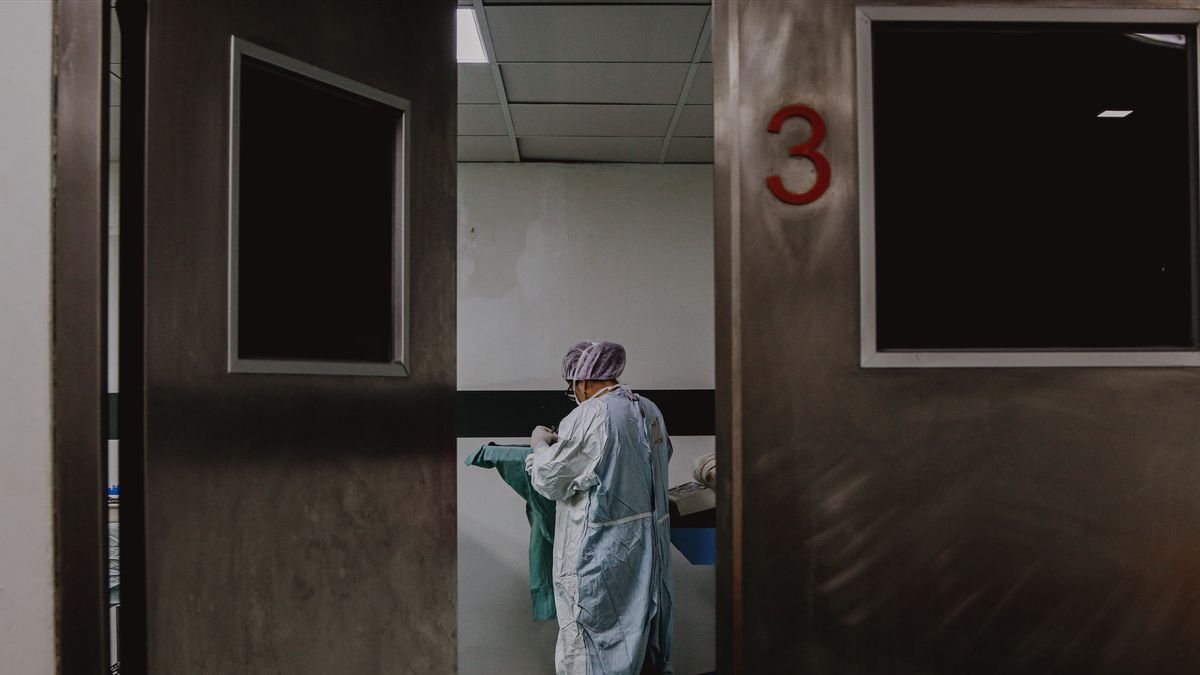JAKARTA - British scientists have developed a four-tier assessment model to predict the risk of death for hospitalized patients with COVID-19. This is believed to help doctors decide quickly about the best treatment for each patient.
The tool, detailed in research in the medical journal BMJ, helps doctors fit patients into one of four risk groups for COVID-19, classified as low, medium, high and very high risk of death. This research was published on Wednesday, September 9.
Hospitals around the world are currently facing an influx of patients with COVID-19, the disease caused by the new coronavirus. Doctors say they need a faster and more accurate risk prediction tool to quickly identify patients with the highest risk of death and help get targeted care.
The new model - called the Coronavirus Clinical Characterization Consortium (4C) Death Score - uses data such as age, gender, underlying conditions, respiration and blood oxygen levels. The study results showed it was able to predict risk more accurately than 15 comparable models. The researchers say it is also more useful as a consideration for clinical decision making.
"This will prove important in helping guide physicians to optimal care for their sickest patients," said Ewen Harrison, a professor of surgery and data at the University of Edinburgh who co-led the research and presented it at the briefing.
Using a variety of input data, the risk calculator gives a score ranging from 0 to 21 points, he said. Patients with a score of 15 or higher had a 62 percent risk of death compared with 1 percent for those with a score of 3 or lower.
The researchers said patients with a low 4C Death Score may not need to be hospitalized, while those in the moderate and higher risk groups could be accelerated to more aggressive treatment, including steroid drugs and admitted to a critical care unit if necessary.
The UK's sharp spike in COVID-19 cases of 2,988 cases on Sunday, the highest since May, is "alarming", according to Health Minister Matt Hancock, although, he added, was dominated by younger people.
"The increase in the number of cases we are witnessing today is worrying," he said. "Most of the cases are among younger people, but we have seen in other countries around the world and in Europe that this kind of increase in cases among young people is causing a spike in the worldwide population."
Hancock said everyone should follow social distancing rules to prevent the spread of infection.
The English, Chinese, Japanese, Arabic, and French versions are automatically generated by the AI. So there may still be inaccuracies in translating, please always see Indonesian as our main language. (system supported by DigitalSiber.id)













